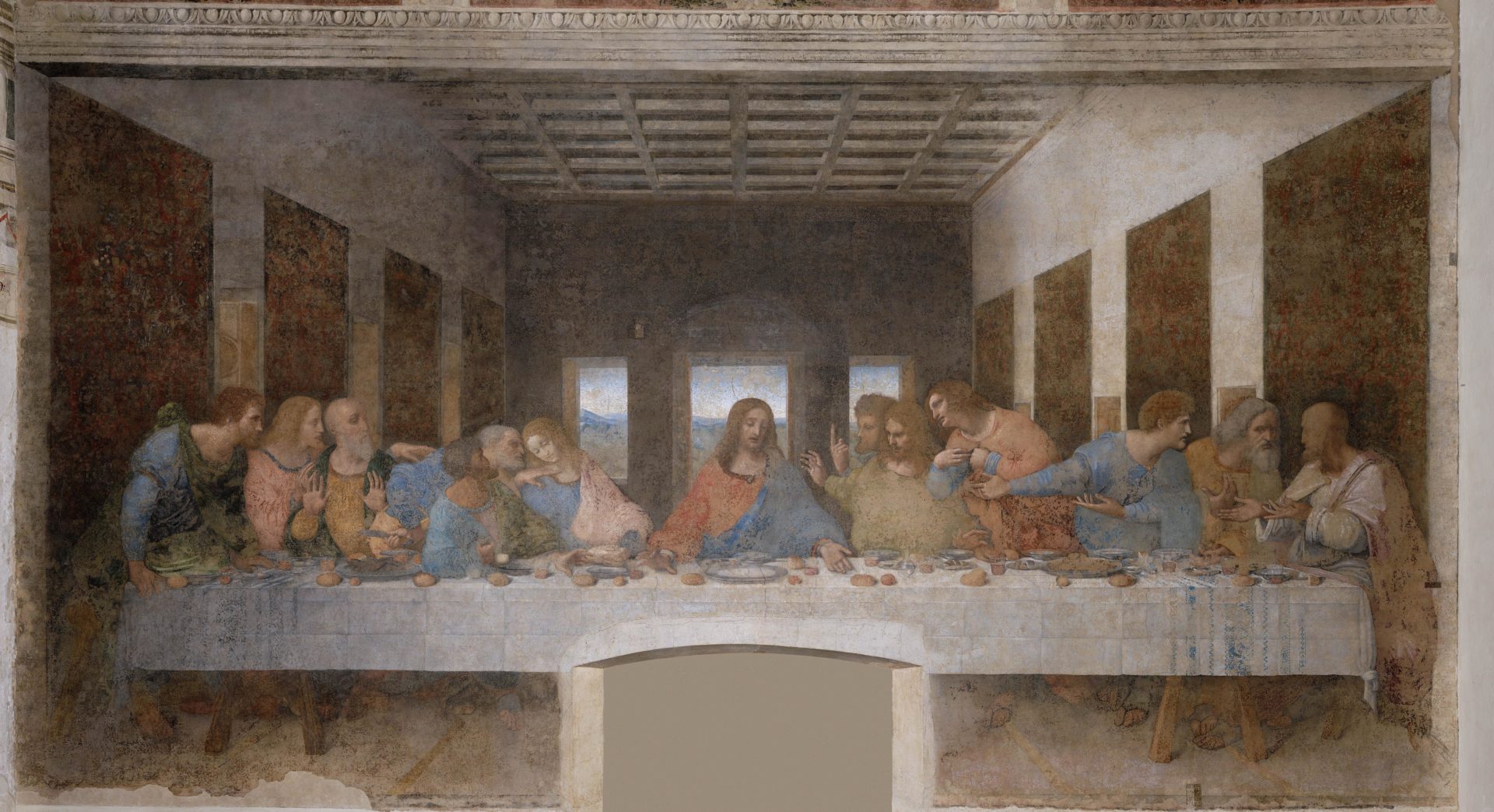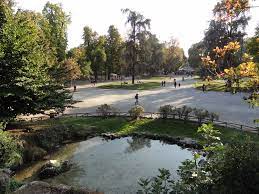The 11th edition of the Milan Summer School on Cost Benefit Analysis (CBA) of Investment Projects was held in Milan on 9-13 September 2024.
The course offers an intensive and interactive learning experience focused on CBA as a tool supporting the decision-making process of public investments. It allows participants to acquire a solid background in different aspects:
The programme features face-to-face lectures and hands-on workshops. Participants will engage in exercises on real cases and interactive tools to practice newly acquired knowledge. With the support of lecturers, they will conduct a full-fledged financial and economic analysis, delve into the sectoral applications of CBA and critically revise real-life cases.
The course structure provides participants with the option to select from three different participation formats:
The School is principally designed for public decision-makers involved in the design, preparation, assessment and implementation of investment projects (managing authorities, intermediate bodies, etc.) at different levels of government. It may also benefit researchers and practitioners willing to learn the at-the-edge international CBA techniques and methods.
Lecturers are experts – academics and consultants - with longstanding experience designing, implementing and reviewing CBA of infrastructure projects. Amongst them are experts involved in preparing and reviewing the European Commission’s Guide to Cost-Benefit Analysis of Investment Projects and the Economic Appraisal Vademecum 2021-2027.
The structure of the course allows participants to choose amongst the following options, depending on their availability and specific interests:
All participants are recommended to bring their laptops with Excel installed.
RESOURCES
Participants should possess basic economics and/or social sciences knowledge to draw the maximum benefit from the course. Excellent knowledge of English and standard Office tools is required. In particular, good knowledge and command of Excel are essential.
Participants are welcome to bring their personal experiences with practical examples of projects they may have encountered in their professional experience to boost the discussion on challenges faced with applying the methodology across different sectors.
Useful literature on Cost-Benefit Analysis that can be used as self-study material before joining the School:
LOCATION
The Summer School will be held in the centre of Milan, at the NH Milano Touring Hotel. The address is Via Iginio Ugo Tarchetti, 2 (nearest metro stop: “Repubblica”)
LANGUAGE
All training materials and lessons are in English.
MEALS
Lunches are included in the fee and will be served at the Summer School location.
CSIL will offer a networking cocktail which will take place on a rooftop in the centre of Milan. Information will be provided to selected applicants in due course. Applicants are kindly invited to indicate any dietary preference (e.g. vegetarian, gluten-free, etc.) while submitting the application form.
TRAVEL & ACCOMMODATION
Travel and accommodation costs are at the participants’ expense.
We will share recommendations for suitable accommodations near the Milan CBA Summer School location. We also suggest searching for apartments/B&B online:
Feel free to contact the organisation should you need any help.
Although Milan Summer School’s programme is intensive and focused, participants will benefit from a vibrant cultural environment once the courses finish in the afternoon. We have contacted certified tourist guides to organise cultural visits to allow participants to discover the city of Milan, its history and its culture. Also, the CSIL team looks forward to welcoming the Summer School participants in Milan and networking during social activities.
Guided walking tour of Milan to introduce participants to the city’s landmarks, history, and culture. The walking tour will start from the Summer School’s location and include the city centre’s highlights such as La Scala, Duomo, Castello Sforzesco and Brera.
CSIL is pleased to invite participants to the Summer School’s networking cocktail, an informal opportunity to get to know participants, lecturers and CSIL’s staff. Please, kindly confirm your participation in the application form.
Enjoy some free time to discover Milan’s highlights. You will find our recommendations in your welcome pack, but if you want to plan ahead, see our top tips below:
CENACOLO VINCIANO (LEONARDO’S LAST SUPPER) | Piazza di Santa Maria delle Grazie, 2 | Link to online tickets
Leonardo Da Vinci’s most famous work, Last Supper or Cenacolo Vinciano, as it is called here, was painted on the wall in tempera between 1495 and 1497. Instead of earlier static representations of Christ’s last meal with his disciples, Da Vinci presents a dramatic depiction of the scene, which was quite novel and marked an important new stage in the development of art. Entrance is limited and restricted to those with advanced timed tickets. Tickets for September will become available and sell out in April/May 2024.

MILAN CATHEDRAL’S TERRACES | Piazza del Duomo | Different tickets available online
Milan’s cathedral houses 3,500 statues, 135 spires and 200 bas-reliefs that can be observed from a unique point of view: it is possible to walk on the terraces of the Duomo and from there enjoy close-up not only the vision of spires, statues and the famous Madonnina d’oro but also a panoramic view of the city: from Piazza del Duomo to the modern skyscrapers of Porta Nuova and Citylife.

GIARDINI MONTANELLI |Via Palestro, 20
The Indro Montanelli gardens are a few steps away from the Milan Summer School location. They are a large city park with an overall area of 160.000 square meters. The park also has several attractions like the Palazzo Dugnani, a remarkable palace from the seventeenth century and the Museo Civico di Storia Naturale di Milano (Natural History Museum), dedicated in part to the mineralogy and zoology, or the highly recommendable Modern Art Gallery. The park is full of trees, fountains and green spaces. The park is one of the favourite spots to have an aperitif and rest during summer.

Please note:
If you want to join, ask for information at the Help Desk or send an email to santoro@csilmilano.com.
SCIENTIFIC COMMITTEE
Prof Massimo Florio (University of Milan/CSIL), Silvia Vignetti (CSIL),
Jessica Catalano (CSIL), Chiara Pancotti (CSIL)
ORGANISING COMMITTEE
Claudia Santoro (CSIL), Jessica Catalano (CSIL).